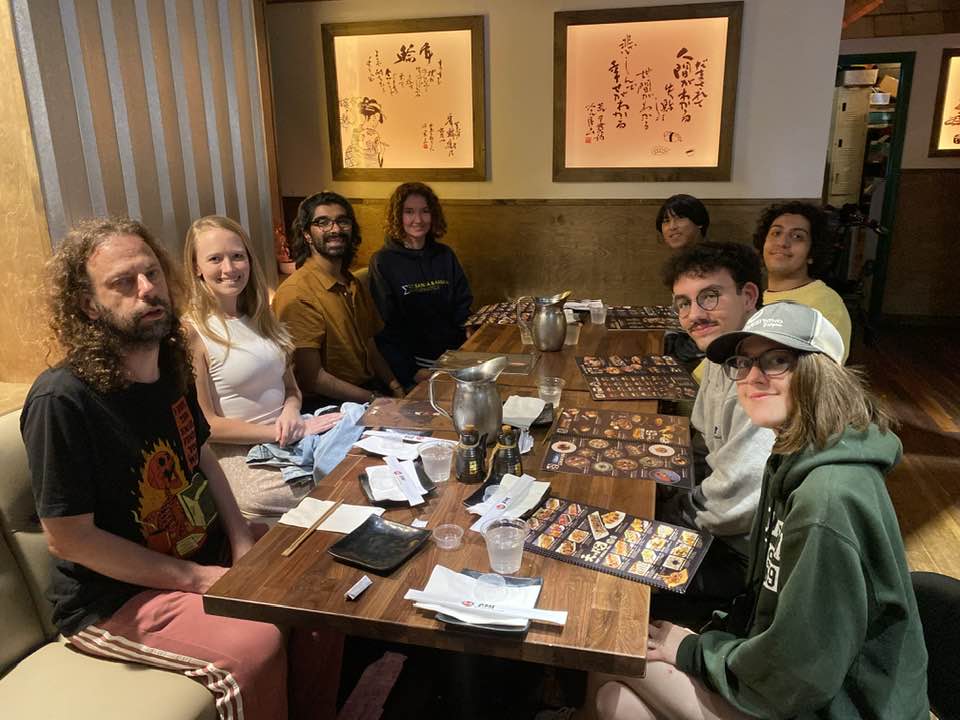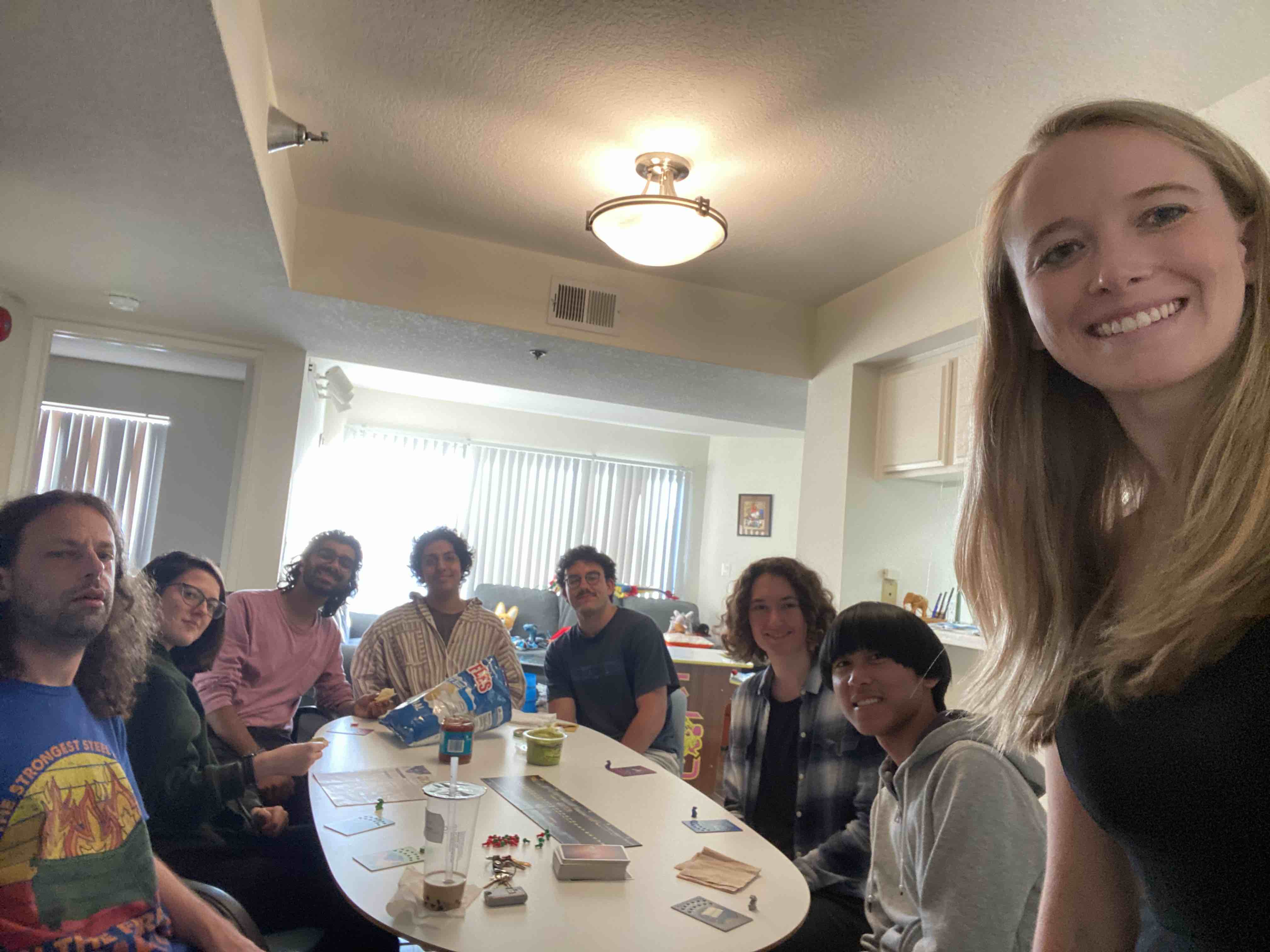The REU was a six-week summer program offered by the Geometry and Topology group at
UCLA and was funded by a NSF Research and Training Grant (RTG).


Topic
The research topic was Topological Data Analysis (TDA). This program provided students with the
opportunity to immerse themselves in active research projects in TDA, an important branch of applied topology,
under the mentorship of senior and junior researchers in the field. During the final week of the program,
students showcased the results of their research through a written report and an oral presentation. During
the project, students were also asked to write code. The mentors outlined the expected outcomes at the
beginning of the summer and worked closely with the students to ensure the successful completion of the final
project. In addition to hands-on research, the REU featured informative sessions run by the mentors and
other researchers on career-development topics, such as how to do research in mathematics, career prospects in
mathematics, preparing for graduate school, and writing graduate-school applications.
Outcome
Date and Location
The program dates were 12 August through 20 September. The workload was 40hr/week for 6 weeks. The REU
program was conducted in a hybrid format, requiring participants to be physically present in Los Angeles and
available during business hours (10 AM - 5 PM) to fully participate. Some weekdays used a remote format
with Zoom.
Funding
Each student was provided a $5000 stipend for 6 weeks of REU at the end of the program. No additional
funding was available for lodging or transportation. Because the students were supposed to be local, they were
expected to commute to campus.
Mentors
The REU mentors were Troy Kling (PhD student, UCSB), Sarah Tymochko (Hedrick Assistant Adjunct Professor, UCLA),
and Sidhanth Raman (PhD student, UCI). The program was be overseen by Mason Porter (Professor, UCLA).
Schedule
The schedule was as follows:
- Week 1-2: Introduction to algebraic topology, topological data analysis, and persistent homology (including
use of TDA software with Python)
- Week 3-4: Analysis of a data set using persistent homology
- Week 5: Finalizing the analysis and conclusions
- Week 6: Present the results in both a written report and an oral presentation

